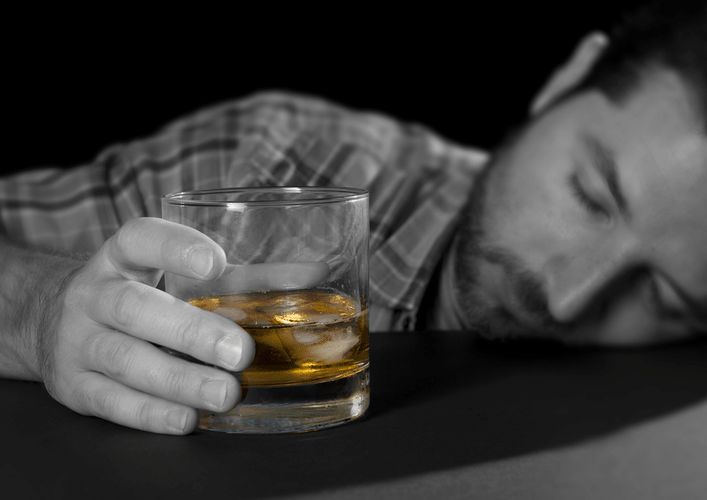You might say that you have stomach problems or feel the flu coming on when you really have a hangover. Recently, you’ve noticed that you feel irritable and a little shaky until you have that first drink. Therefore, you started drinking earlier in the day – at a restaurant during lunch, of course. You spend way too much time recovering Oxford House from the effects of hangovers. Because you don’t drink alone, you figure that you don’t really have a drinking disorder. Saying no to consistent social drinking can be tricky, especially when there is pressure or the expectation that you will ‘join in the fun’.
Social Drinkers
Understanding the difference between social drinking vs alcoholism is important for recognizing when casual drinking turns into dependency. Mental Health Providers offer guidance for those struggling with alcohol-related issues. Knowing the signs early can help prevent long-term harm and encourage seeking support. Consistent social drinking refers to consuming alcoholic beverages on a regular basis, whether daily, weekly, or on another repeating pattern. This is not heavy drinking as seen in binge drinking or AUD, but rather a steady intake of alcohol like having a glass of wine while making dinner followed by a second glass of wine with dinner.
- Recovery is possible without putting your life on hold, and outpatient care provides the support needed to regain control while staying connected to everyday commitments.
- Social drinkers are those who consume alcohol in moderation, typically not exceeding more than one or two drinks per day.
- If we or someone we know begins to exhibit these signs, it might be an alarm indicating the need to reevaluate our relationship with alcohol.
- Other risk factors include mental health conditions such as depression and anxiety, peer pressure, easy access to alcohol, and a lack of parental involvement or monitoring.
- People in this category may not yet be physically dependent on alcohol but may be using it in an unhealthy way to manage emotions or avoid reality.
Standing Out with Your Alcohol Consumption
Moderate social drinking usually implies consuming alcohol within low-risk limits that do not impair one’s daily functioning. In contrast, excessive social drinking refers to surpassing these limits, potentially leading to negative consequences such as impaired judgment or risky behaviors. Although society tends social drinking problem to downplay the risks of social drinking, it’s important to understand the hidden dangers that may be present beneath its seemingly harmless surface.
Signs of Alcoholism
The impact on physical health includes risks like liver cirrhosis, heart diseases, and mental health challenges. Its reach also extends to relationships, potentially leading to family breakdown, child neglect, or domestic violence. In the workplace, it can result in loss of employment or decreased productivity. Furthermore, AUD contributes to societal problems, including crime, homelessness, and broader economic costs related to healthcare and legal systems. The grave, multifaceted impact of AUD highlights the urgency and importance of early identification, effective treatment, and ongoing support for those affected.
If we https://ecosoberhouse.com/ or someone we know begins to exhibit these signs, it might be an alarm indicating the need to reevaluate our relationship with alcohol. Sorting out the line between social drinking vs alcoholism can be a real eye-opener. If you’re worried that you or someone you care about is drinking too much in social situations, it’s crucial to consider the information we’ve covered here. There’s no shame in seeking help—it’s a strong step towards taking control of your life. Support is closer than you might think, and reaching out can lead to valuable changes.
But it’s possible to limit your own consumption with confidence and with respect for the differing opinions of others. If you are going to drink, how can you minimize the impact of alcohol on your health? Consider these strategies when making an informed choice about what you plan to drink. Discerning the ABV of creative cocktails, when more than one type of alcohol may be included is more difficult. Alcohol addiction treatment provides structured support for those struggling with alcohol dependence.


